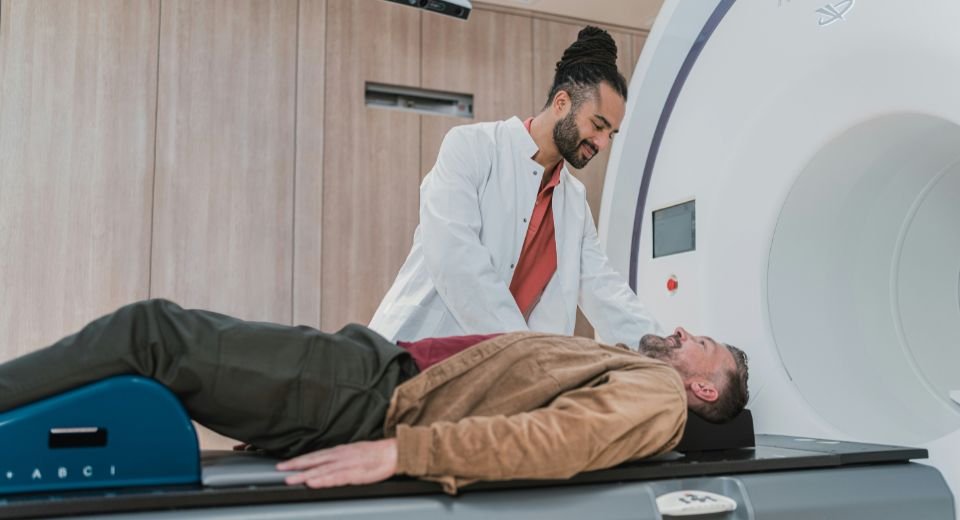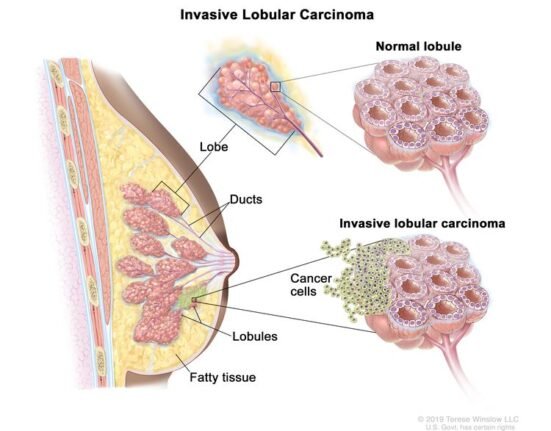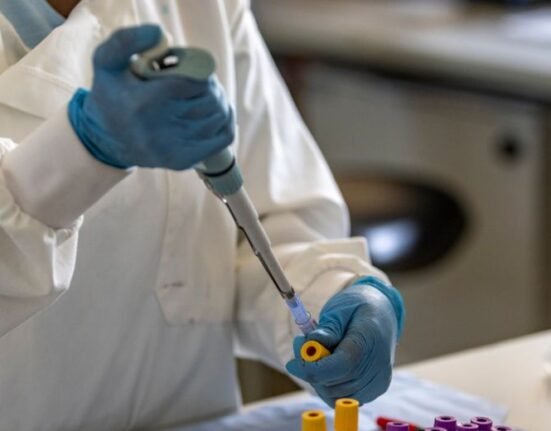HQ Team
August 5, 2024: Caristo Diagnostics, founded by four Oxford University cardiologists, has developed an AI-assisted software that can detect cardiac events a decade in advance.
The new test analyses routine heart scans for signs of inflammation in the coronary arteries, which supply blood to the heart.
It uses artificial intelligence to analyze computed tomography (CT) heart scans for the signs in the coronary arteries. The inflammation does not show up on CT scans.
The technology acts as an early warning system, allowing clinicians to identify patients at the highest risk of having a heart attack, as early as possible. This enables them to implement appropriate risk-reduction strategies, according to a company statement.
CT scan fails to detect
Coronary computed tomography angiography (CCTA) is the first line investigation for chest pain, and it is used to guide revascularisation.
However, the widespread adoption of CCTA has revealed a large group of individuals without obstructive coronary artery disease (CAD), with unclear prognosis and management, according to a Oxford Risk Factors And Non-invasive imaging study aimed to evaluate the risk profile and event rates among patients undergoing CCTA as part of routine clinical care in the UK National Health Service.
The current clinical risk prediction tools do not capture information such as CAD plaque burden and residual inflammatory risk, the authors wrote in the Lancent journal.
Prof Charlambos Antoniades from University of Oxford said the recent study results were designed to spot the abnormalities that are being missed from standard CT scans. This knowledge would allow doctors to give the patients preventative treatments such as anti-inflammatory drugs, he said.
The research, led by a team at Oxford University’s Radcliffe Department of Medicine, “Much of the problem was that damage to an artery caused by inflammation was not picked up by a CT scan,” Antoniades said. “Our discovery was to find a way to bring up hidden information by using AI to enhance our CT scan images in order to show what damage has been done. In the past, we were not able to picture this but now we can.”
Regulatory approvals
The software is now going through regulatory approvals for marketing in the US. The National Institute for Health and Care Excellence is currently assessing the technology to determine whether it should be rolled out across the NHS. It has been approved for use in Europe and Australia.
“The biggest piece of feedback was that our pricing didn’t reflect the value that we were creating,” said Caristo’s CEO, Dr Cheerag Shirodaria, an honorary consultant cardiologist at Oxford University Hospitals NHS Trust.
“Our software has the potential to save many patients’ lives and bring huge benefits to healthcare providers and economies.
“Pricing ourselves appropriately also means that we will be able to invest more in R&D. Our plans include new software tests to predict stroke and diabetes risk.”
Cardiovascular disease is the leading cause of death globally – costing some $1 trillion a year to manage. In the UK alone, nearly 170,000 people die of heart and circulatory diseases every year.
4 out of 5 deaths
Cardiovascular diseases are the leading cause of death globally, taking an estimated 17.9 million lives each year, according to the WHO.
They are a group of disorders of the heart and blood vessels and include coronary heart disease, cerebrovascular disease, rheumatic heart disease and other conditions.
More than four out of five cardiovascular deaths are due to heart attacks and strokes, and one-third of these deaths occur prematurely in people under 70 years of age.
‘Less costly, more effective’
Richard Foster, emeritus director, McKinsey & Company and venture partner at Lux Capital said: “I spent time mentoring Caristo because I felt that Caristo’s technology, 10 years in development, has real potential to provide essential, and currently missing, early warning of possible cardiovascular disease in patients.
“This can be translated into earlier, less invasive, less costly and more effective treatment, saving lives and money.”
Over the last nine months, Caristo has been receiving mentoring support from the Creative Destruction Lab (CDL) at Oxford Saïd. CDL is a seed-stage mentoring programme for science and technology-focused start-ups.
Caristo is one of 10 ventures, out of an initial 27, to graduate from the inaugural cohort of CDL-Oxford, which this year focussed on artificial intelligence and machine learning. The ventures ranged from a fully automated drug discovery platform to AI-powered waste recognition software.








